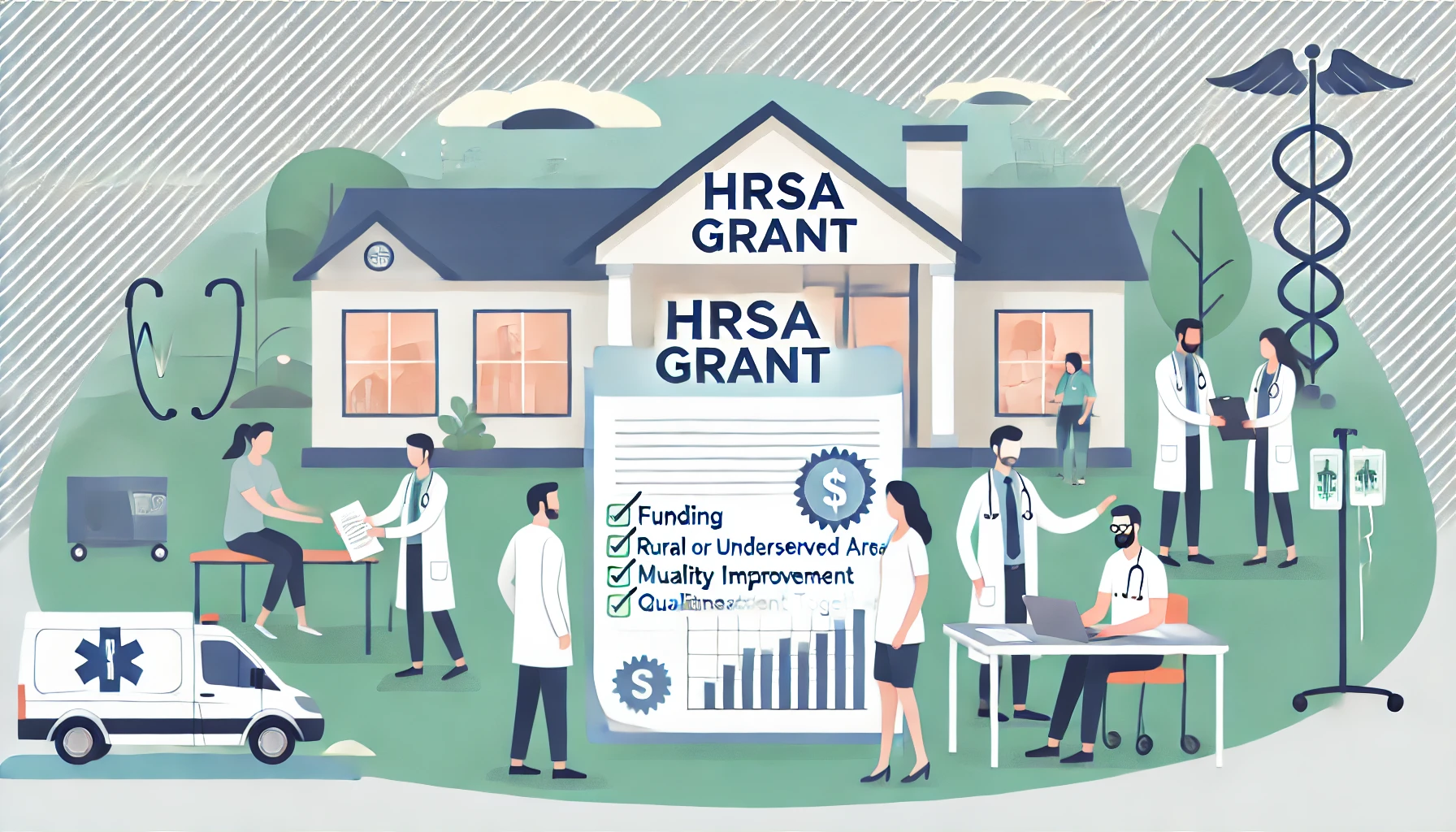
Table of Contents

AI revolutionizes healthcare with precise diagnostics, predictive analytics, and personalized treatments, balancing technological innovation with ethical considerations.
AI revolutionizes healthcare with precise diagnostics, predictive analytics, and personalized treatments, balancing technological innovation with ethical considerations.
AI Healthcare Revolution: Transforming Medicine with Smart Technology
Original Source: Frontiers in Medical AI Research
The Emerging Landscape of AI in Healthcare
The healthcare industry stands on the precipice of a technological transformation that promises to revolutionize how we diagnose, treat, and manage medical conditions. Artificial intelligence (AI) is no longer a distant vision but an emerging reality reshaping every aspect of medical practice.
Key Technological Breakthroughs
AI's potential in healthcare extends far beyond simple data processing. Today's intelligent systems are demonstrating capabilities that were once considered impossible:
- Diagnostic Precision: Machine learning algorithms can now analyze medical images with accuracy rivaling – and sometimes surpassing – human experts
- Predictive Analytics: Advanced AI models can predict patient risks and potential health complications before they manifest
- Personalized Treatment Planning: Intelligent systems can recommend tailored treatment protocols based on individual patient data
Challenges in Implementation
Despite the promising potential, integrating AI into healthcare is not without significant challenges. Ethical considerations, data privacy concerns, and the need for robust validation remain critical hurdles.
The Role of Independent Peer Review in AI Healthcare
As AI technologies become more complex, the need for rigorous, independent assessment becomes paramount. At Medplace, we understand that external peer review is crucial in validating AI-driven medical technologies.
Our platform provides healthcare institutions with access to a network of over 132 medical specialties, enabling comprehensive and objective evaluation of emerging AI technologies. This approach ensures that innovative solutions meet the highest standards of medical excellence and patient safety.
Potential Applications and Limitations
While AI offers remarkable capabilities, it's essential to recognize its current limitations:
- AI systems are only as good as their training data
- Complex medical decisions still require human intuition and contextual understanding
- Algorithmic bias remains a significant concern in medical AI
Real-World Impact and Case Studies
Several groundbreaking examples illustrate AI's transformative potential:
- Radiology: AI algorithms can detect early-stage cancers with remarkable accuracy
- Genomics: Machine learning models are accelerating genetic research and personalized medicine
- Predictive Healthcare: AI systems can forecast disease outbreaks and individual health risks
Ethical Considerations and Future Outlook
The integration of AI in healthcare raises profound ethical questions. How do we balance technological innovation with patient privacy? Can AI truly replace human medical judgment?
These questions underscore the importance of continuous, independent evaluation. Medplace's peer review platform provides a critical mechanism for ensuring that AI technologies are not just innovative, but also safe, reliable, and patient-centric.
Looking Forward: A Collaborative Future
The future of healthcare lies not in replacing human expertise, but in augmenting it. AI should be viewed as a powerful tool that complements medical professionals, enhancing their capabilities and enabling more precise, personalized care.
As we navigate this technological frontier, collaborative approaches that prioritize patient safety, ethical considerations, and rigorous validation will be key to realizing AI's full potential in healthcare.
Conclusion
The AI healthcare revolution is here. By embracing technological innovation while maintaining a commitment to thorough, independent evaluation, we can unlock unprecedented opportunities for improving patient outcomes and advancing medical science.

Why Every Hospital Needs a Quality and Patient Safety Program
Every hospital needs a quality and patient safety program to reduce harm, improve care, and foster a culture of accountability.
.png)
.png)

HRSA FQHC Requirements: A Comprehensive Guide for Healthcare Providers
When it comes to federally qualified health center requirements, there’s no shortage of regulations, expectations, and—depending on your perspective—opportunities.
.png)
.png)

Unlocking Funding: A Guide to Health Resources and Services Administration (HRSA) Grants
Use HRSA grants to fund external peer review programs that enhance care quality, reduce bias, and support compliance in health centers.
.png)
.png)



.png)
.png)
.png)






.png)